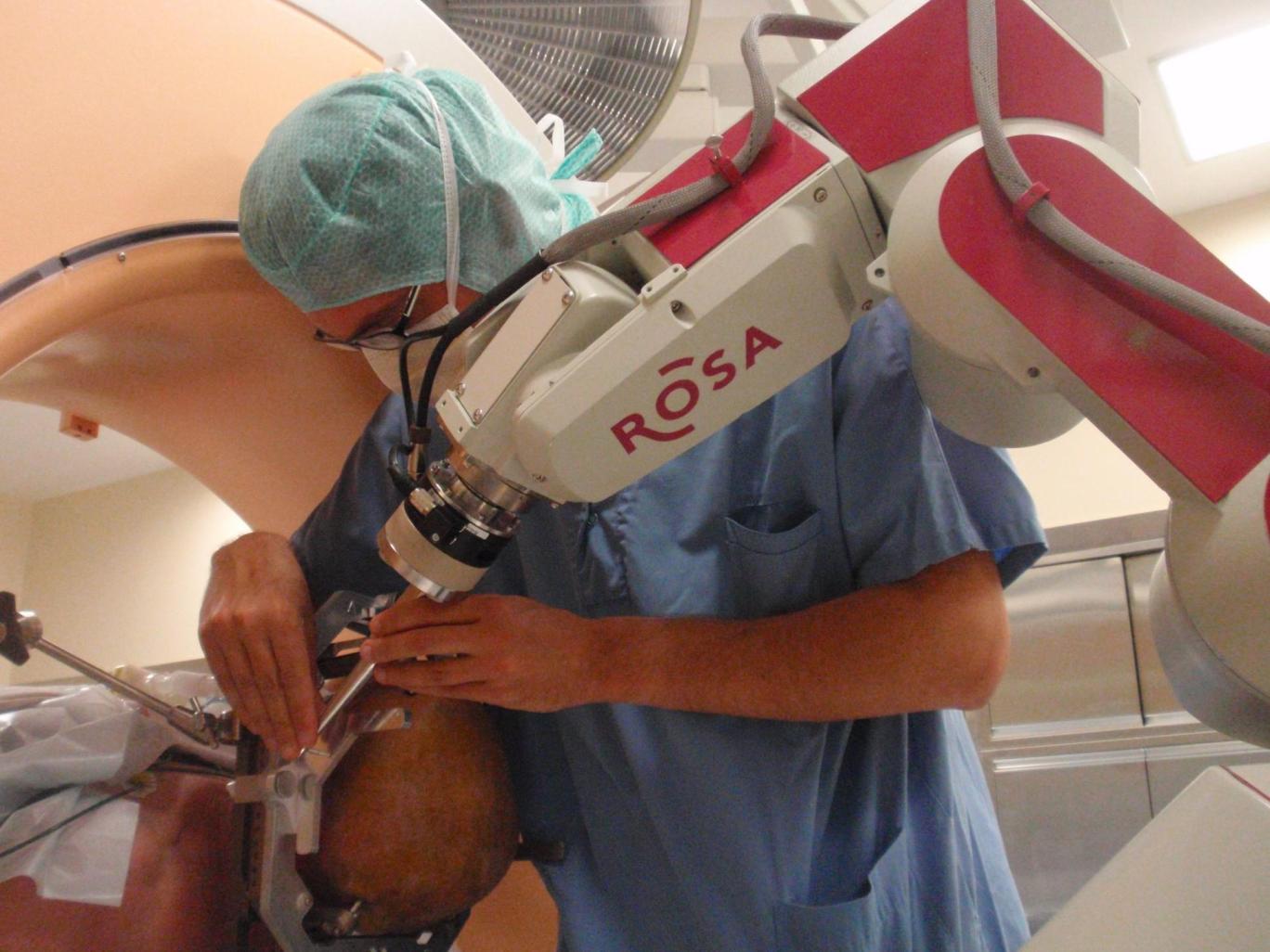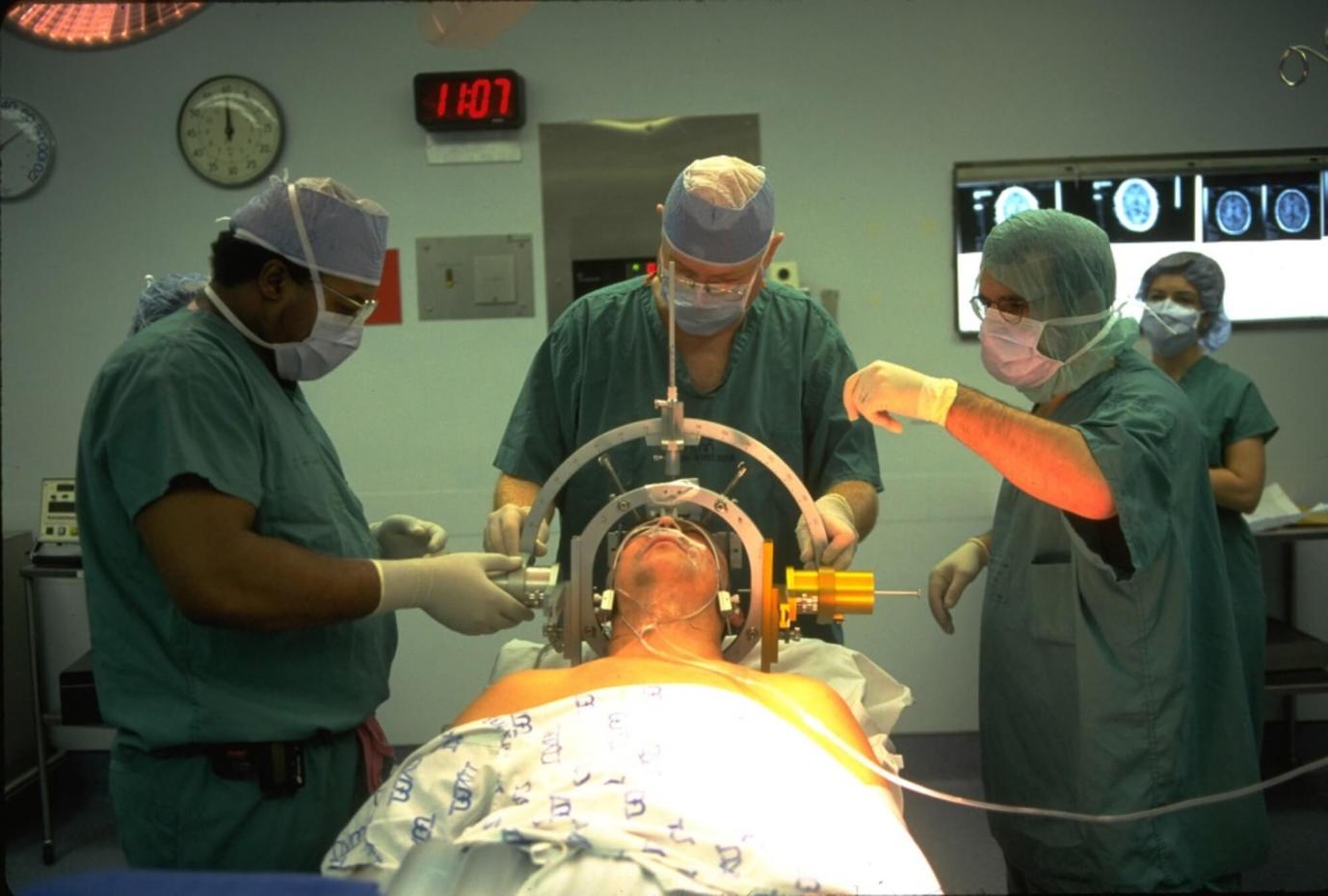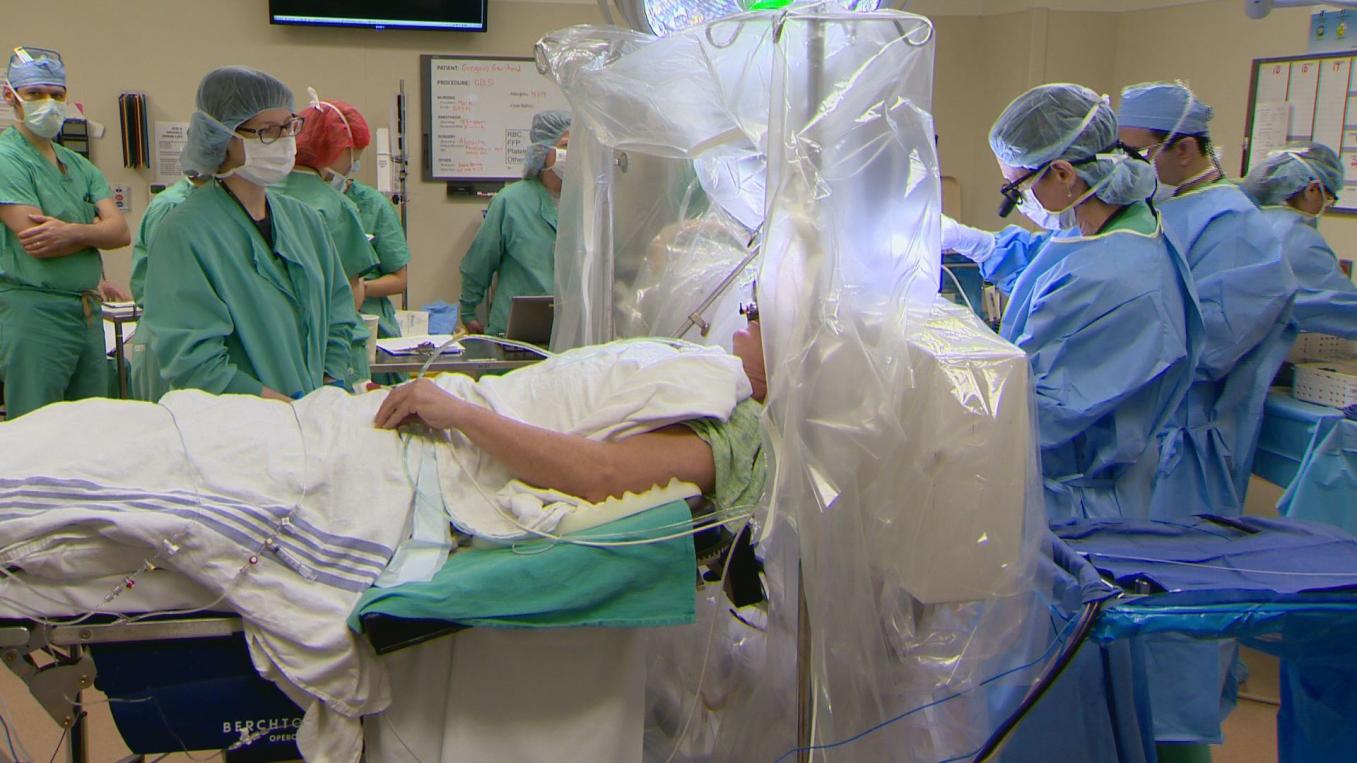What are the Latest Advances in Brain Surgery?
Brain surgery is a complex and delicate procedure that requires a high level of skill and precision. Over the years, there have been significant advances in brain surgery techniques, leading to improved outcomes and a wider range of treatment options for patients with neurological disorders.

Minimally Invasive Techniques
Minimally invasive brain surgery techniques have revolutionized the field of neurosurgery. These techniques allow surgeons to access the brain through small incisions, minimizing tissue damage and reducing the risk of complications.
- Keyhole surgery: This technique involves making a small incision in the skull and using a specialized camera and instruments to perform the surgery.
- Endoscopic surgery: This technique involves inserting a thin, flexible tube with a camera and surgical instruments into the brain through a small incision.
- Laser surgery: This technique uses a laser to precisely remove or ablate diseased tissue in the brain.
- Robotic surgery: This technique involves using a robotic system to assist the surgeon in performing the surgery. Robotic surgery offers increased precision and accuracy.
Image-Guided Surgery
Advanced imaging technologies play a crucial role in brain surgery by providing surgeons with detailed and real-time images of the brain.
- Magnetic resonance imaging (MRI): MRI uses powerful magnets and radio waves to create detailed images of the brain.
- Computed tomography (CT): CT scans use X-rays to create cross-sectional images of the brain.
- Positron emission tomography (PET): PET scans use radioactive tracers to measure brain activity and metabolism.
These imaging technologies help surgeons visualize the brain, plan surgeries more accurately, and monitor the progress of the surgery in real-time.
Deep Brain Stimulation

Deep brain stimulation (DBS) is a surgical procedure that involves implanting electrodes in the brain to deliver electrical stimulation to specific brain regions.
DBS is used to treat a variety of neurological disorders, including Parkinson's disease, epilepsy, and dystonia. The electrical stimulation helps to regulate abnormal brain activity and improve symptoms.
Gene Therapy For Brain Disorders

Gene therapy is an emerging field that aims to treat brain disorders by correcting genetic defects or introducing therapeutic genes into the brain.
- Gene editing techniques: Gene editing techniques, such as CRISPR-Cas9, allow scientists to precisely modify the DNA in brain cells.
- Viral vectors for gene delivery: Viral vectors are used to deliver therapeutic genes into brain cells.
Gene therapy holds promise for treating a wide range of brain disorders, including genetic disorders, neurodegenerative diseases, and brain tumors.
Brain-Computer Interfaces
Brain-computer interfaces (BCIs) are devices that allow direct communication between the brain and external devices.
- Restoring motor function: BCIs can be used to restore motor function in paralyzed individuals by allowing them to control prosthetic devices with their thoughts.
- Controlling prosthetic devices: BCIs can also be used to control prosthetic devices, such as robotic arms and legs.
- Enhancing communication: BCIs can be used to enhance communication in patients with severe disabilities by allowing them to communicate with others using their thoughts.
BCI technology is still in its early stages of development, but it has the potential to revolutionize the treatment of neurological disorders and disabilities.
Conclusion
The field of brain surgery has witnessed remarkable advances in recent years, leading to improved outcomes and a wider range of treatment options for patients with neurological disorders. These advances include minimally invasive techniques, image-guided surgery, deep brain stimulation, gene therapy, and brain-computer interfaces.
Ongoing research and future directions in brain surgery focus on personalized medicine, the use of artificial intelligence, and the development of new surgical tools and techniques. These advancements hold promise for further improving the lives of patients with brain disorders.
YesNo

Leave a Reply